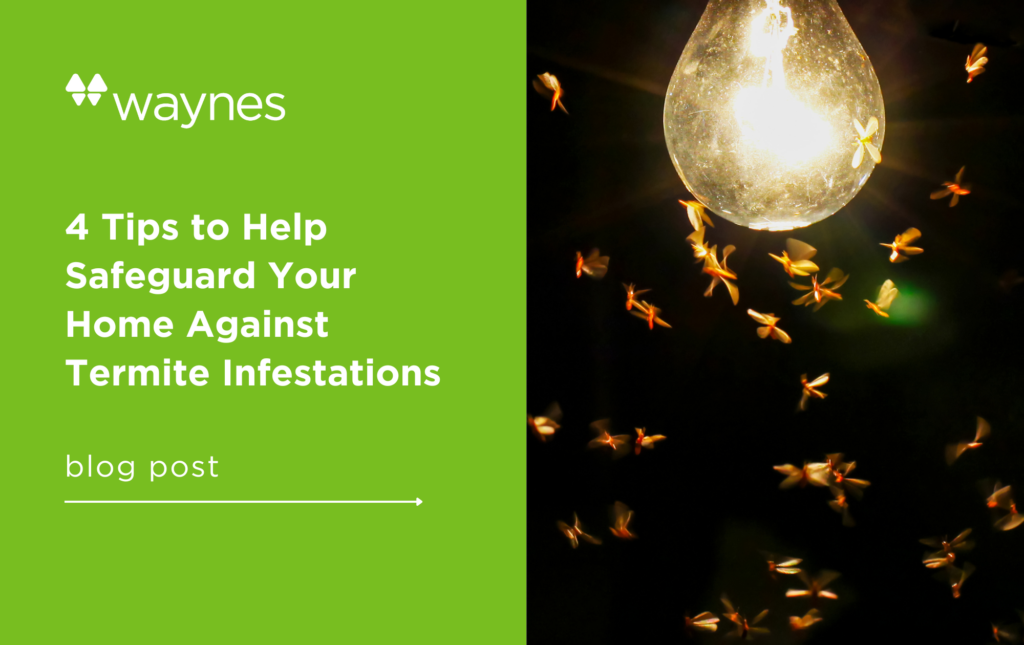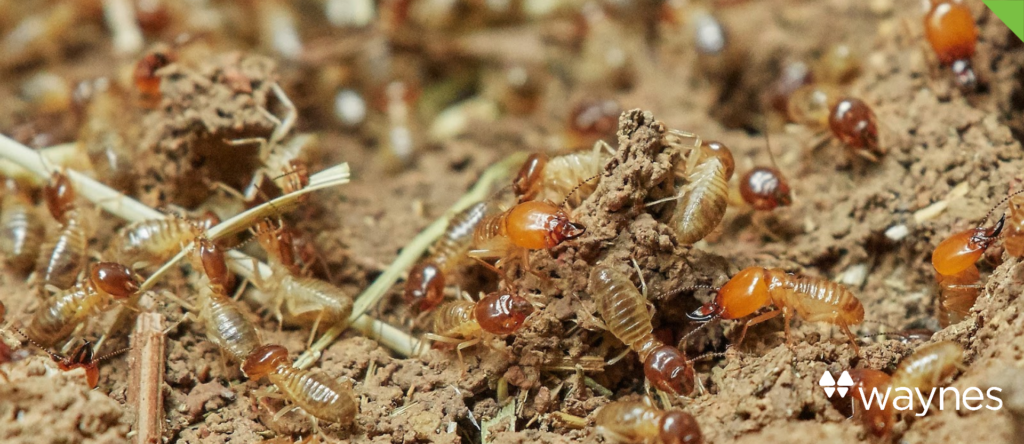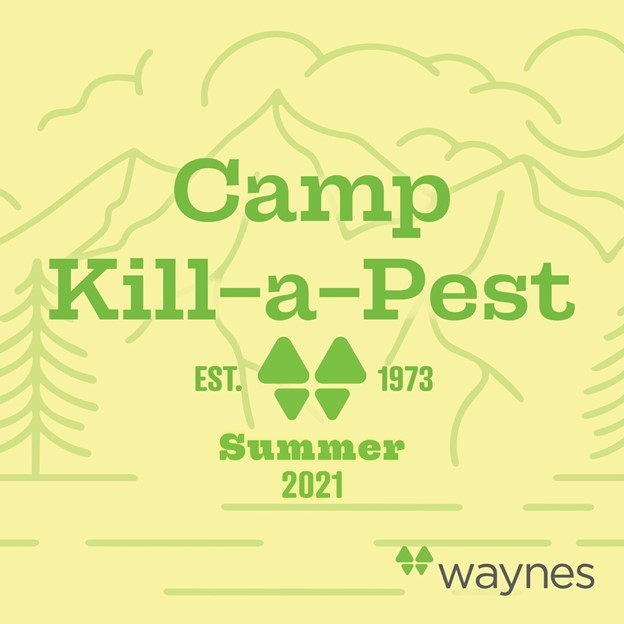Wasps get a bad rap. They are similar to bees in more than just their looks — they are important pollinators and act as population control agents for other insects. Wasps are also rarely aggressive unless they feel threatened.
While wasps have a significant ecological contribution to our world, that doesn’t mean you want them nesting on your front porch (fun fact: all yellow jackets are wasps, but not all wasps are yellow jackets!).
If you want to get rid of a wasp nest safely, here are a few things you can try.
Hang Wasps Traps
Wasp traps are a common DIY method for wasp removal. These hanging traps are filled with a sweet liquid that attracts the wasps, where they get stuck and drown. These often work but can be a less-than-pretty way to accessorize the outside of your home. These traps will also need to be frequently replaced.
Most stinging pests are small, but they can cause big problems.
Wasp Spray
Most home improvement stores carry wasp spray. It’s safer to spray the nest in the evenings when all the wasps are present and dormant. Once the wasps inside the nest have been killed, wrap the nest shell in a trash bag and seal it tightly.
Like wasps traps, this DIY method can eliminate wasps, but it doesn’t prevent future wasp problems from occurring.
Here are some steps you can take that will reduce your risk of wasp squatters.
Preventing Wasp Problems
There are several ways to minimize the risk of wasps in and around your home. They are often looking for food, shelter, and a nice place to build a nest. This is the one time you want to actively make your home less appealing! Here’s what you can do:
- Seal any entrances, such as small gaps near a door or window.
- Don’t leave food leftovers lying around, even outside. Protein-based food sources can attract wasps, like leftover meat on a grill.
- Regularly throw away sugar sources, like soda cans or fallen fruit from a tree.
- Minimize plants with blue, purple, white, and yellow flowers near your home. Wasps are especially attracted to these!
- Keep your eyes peeled for new nests. The quicker you remove them, the better!
Tip: Plants like pennyroyal, marigold, wormwood, mint, basil, and geranium are natural wasp repellents!
Wasp Removal & Prevention, All-In-One
You may have heard of other home remedies, such as using vinegar or essential oils, but these methods are the most unreliable.
If you want a long-term pest solution, call Waynes! We can protect the inside and outside of your home from current and future wasp infestation. Find out more.









